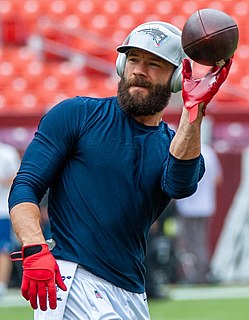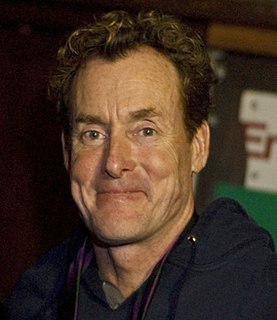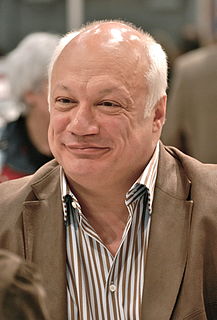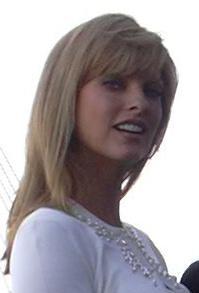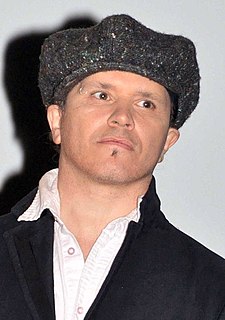A Quote by Nick Antosca
I was tired of working in an office and I wanted to make a living telling stories. There are not many people who find a way to do this.
Related Quotes
My real purpose in telling middle-school students stories was to practice telling stories. And I practiced on the greatest model of storytelling we've got, which is "The Iliad" and "The Odyssey." I told those stories many, many times. And the way I would justify it to the head teacher if he came in or to any parents who complained was, look, I'm telling these great stories because they're part of our cultural heritage. I did believe that.
One of the reasons I wanted to write a memoir was because I'm tired of telling my story. [Laughs] So I can say, here, read it, this is everything that happened. There are a bunch of cool stories of the transition of me becoming a receiver from a quarterback in college to being a special teams guy, a role player, to working my way to the role I've earned now.
My greatest strength as a writer is that I'm a storyteller. But, it was a long, hard struggle for me to make the transition from verbally telling stories to writing them. You'll note I don't dwell on descriptions in my writing, because I'm far more interested in telling the story. There are many better writers in this world, but you'd be hard pressed to find anyone more passionate about stories than I am.
I wanted to become a director before I wanted to become a writer. When I was 10, people would ask me what I wanted to be when I grew up, and I said, 'Walt Disney.' I wanted to make films. But I wasn't offered a camera. I was offered language. So I started telling stories in the theatre and then in my novels.
I encourage all novelists to move to TV right now, that is the way to go. I was living in New York working at a bank as a day job about seven years ago. I was writing novels at night and decided, "Wow, there's so much great TV, and they're telling the complex, interesting, psychologically nuanced stories that, as a novelist, you dream of telling. And it's a healthy, exciting, thriving medium - that's where I need to be."
As an activist, you do find yourself directed more toward public action. But I've always tried to use stories from my own life in my writing for instance. It has always been clear to me that the stories of each other's lives are our best textbooks. Every social justice movement that I know of has come out of people sitting in small groups, telling their life stories, and discovering that other people have shared similar experiences. So, if we've shared many experiences, then it probably has something to do with power or politics, and if we unify and act together, then we can make a change.



